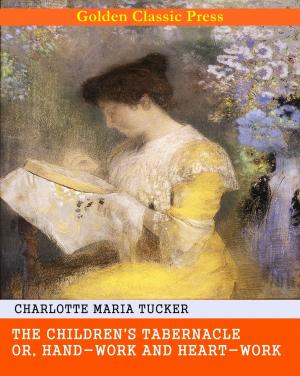| Author: | Rudyard Kipling | ISBN: | 1230002929903 |
| Publisher: | GOLDEN CLASSIC PRESS | Publication: | November 27, 2018 |
| Imprint: | Language: | English |
| Author: | Rudyard Kipling |
| ISBN: | 1230002929903 |
| Publisher: | GOLDEN CLASSIC PRESS |
| Publication: | November 27, 2018 |
| Imprint: | |
| Language: | English |
*** Original and Unabridged Content. Made available by GOLDEN CLASSIC PRESS***
Synopsis:
In the early days of World War I, patriotic feeling ran high—as did confidence in what was largely a newly created British fighting force. In autumn of 1914, Britain’s most popular writer, Rudyard Kipling, wrote six articles for the Daily Telegraph about the training of the newly mobilized British troops, all of whom had signed up as volunteers almost the moment Britain declared war. The articles described the men in their full glow of youth and enthusiasm, and waxed poetic about their strength, courage, and dashing appearance. The patriotic tone of the articles hides a painful reality: they were written just months after Kipling’s own eighteen-year-old-old son had been killed at the Battle of Loos. Early in 1915, the articles were collected in a small booklet, published for sixpence as The New Army in Training. By that time, it had already become apparent that the war was not going to be won quickly, or easily—and that in fact it was going to exact a horrifying toll of blood and treasure. The New Army in Training calls up the almost unfathomable confidence and enthusiasm of the early days of the war, helping us get beyond our historical perspective and see the past as it was actually lived.
*** Original and Unabridged Content. Made available by GOLDEN CLASSIC PRESS***
Synopsis:
In the early days of World War I, patriotic feeling ran high—as did confidence in what was largely a newly created British fighting force. In autumn of 1914, Britain’s most popular writer, Rudyard Kipling, wrote six articles for the Daily Telegraph about the training of the newly mobilized British troops, all of whom had signed up as volunteers almost the moment Britain declared war. The articles described the men in their full glow of youth and enthusiasm, and waxed poetic about their strength, courage, and dashing appearance. The patriotic tone of the articles hides a painful reality: they were written just months after Kipling’s own eighteen-year-old-old son had been killed at the Battle of Loos. Early in 1915, the articles were collected in a small booklet, published for sixpence as The New Army in Training. By that time, it had already become apparent that the war was not going to be won quickly, or easily—and that in fact it was going to exact a horrifying toll of blood and treasure. The New Army in Training calls up the almost unfathomable confidence and enthusiasm of the early days of the war, helping us get beyond our historical perspective and see the past as it was actually lived.
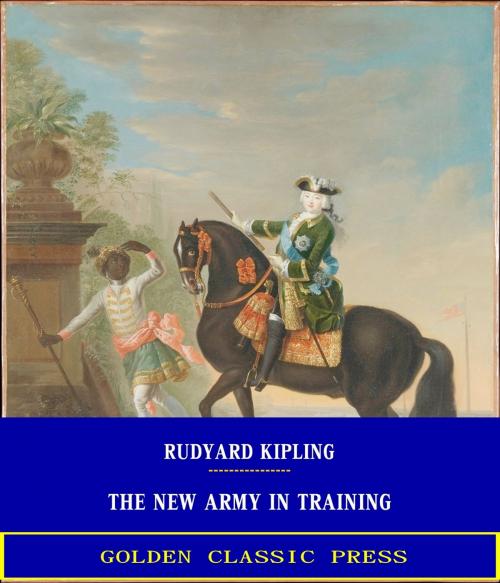
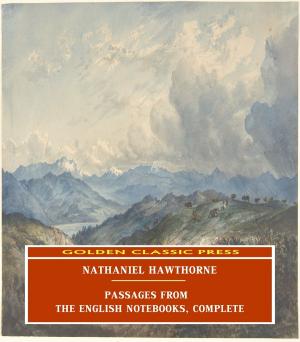
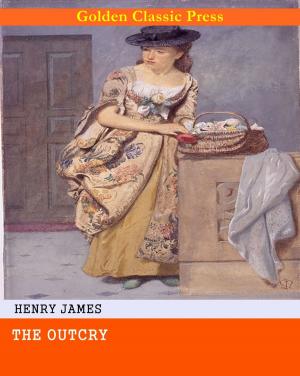
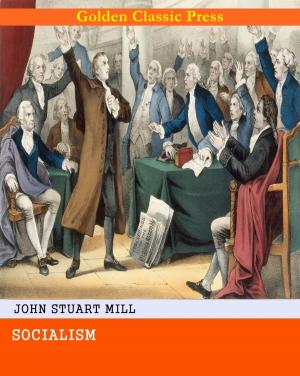
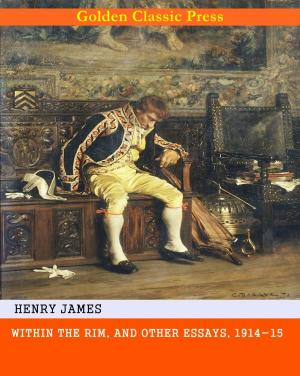
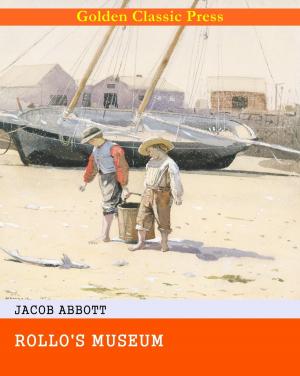

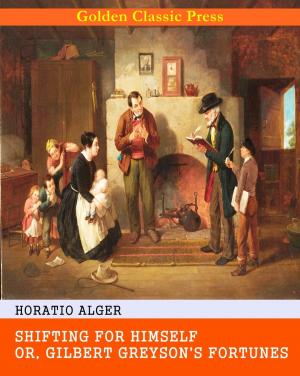
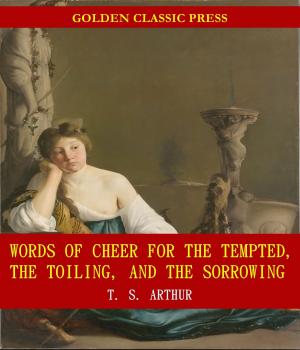

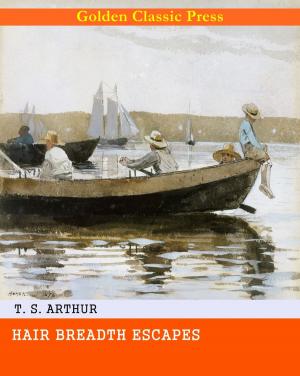
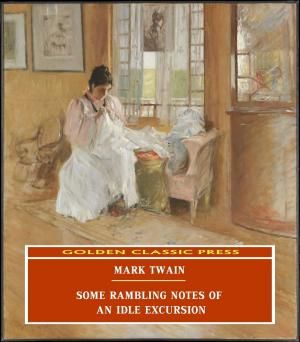
![Cover of the book Rollo's Philosophy [Air] by Rudyard Kipling](https://www.kuoky.com/images/2018/november/300x300/1230002937731-KIUf_300x.jpg)

